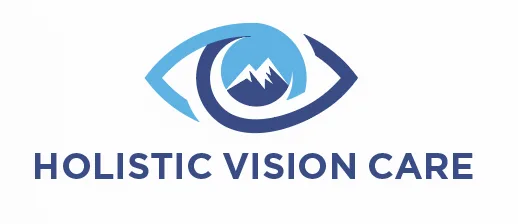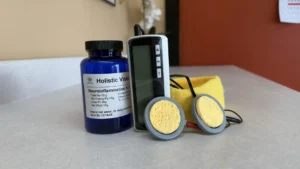Understanding Retinal Detachment and Treatment Options
Retinal detachment is a serious medical emergency that occurs when the retina separates from its underlying supportive tissue in the eye. This condition can lead to permanent vision loss if not treated promptly. While conventional medical treatment is essential for retinal detachment, complementary therapies may support recovery and help prevent future complications.
A detached retina typically begins with symptoms such as sudden flashes of light, an increase in floaters, or a curtain-like shadow moving across the field of vision. These warning signs should never be ignored, as early intervention is crucial for preserving vision. The condition can affect anyone but is more common in people over 50, those who are highly myopic (nearsighted), or individuals with a family history of retinal detachment.
Complementary Treatment
Traditional Chinese Medicine (TCM) and MicroAcupuncture may offer supportive care for patients recovering from retinal detachment surgery or those at risk for retinal problems. These approaches focus on improving blood circulation to the eye and supporting overall ocular health. However, it’s important to note that these treatments should never delay or replace necessary surgical intervention for retinal detachment.
MicroAcupuncture 48 represents a specialized approach that may benefit patients during their recovery phase. This technique uses precise points in the hands and feet to stimulate blood flow to the retinal tissue. The treatment protocol typically involves:
– Comprehensive eye examination and medical history review
– Multiple daily sessions to create a cumulative healing effect
– Regular monitoring of visual function and recovery progress
– Integration with post-surgical care as approved by your ophthalmologist
Research Supports Acupuncture
Research published in the Journal of Traditional Chinese Medicine demonstrates that acupuncture can improve ocular blood circulation and potentially support tissue healing after eye surgery. While these complementary approaches show promise, they must be part of a comprehensive treatment plan coordinated with your eye surgeon.
The key to successful outcomes lies in immediate recognition of symptoms and prompt surgical intervention when needed. Complementary therapies may then be considered as part of a long-term recovery and prevention strategy, always under the guidance of qualified healthcare providers who can coordinate care appropriately.
Next Steps
For those interested in exploring complementary support for their eye health, we offer specialized treatment protocols that work in conjunction with conventional medical care. However, any signs of retinal detachment require immediate emergency medical attention before considering complementary treatments.





